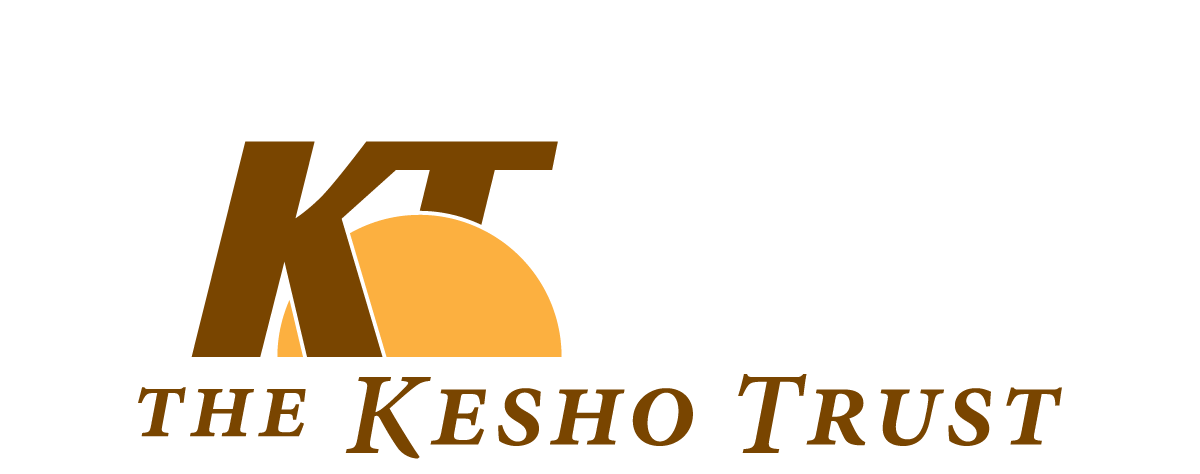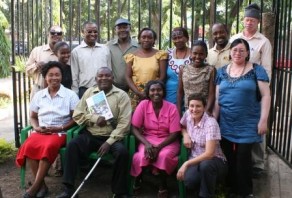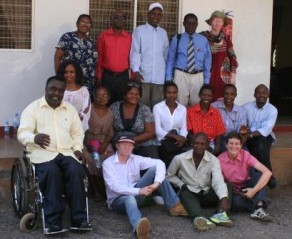Back in Tanzania again and catching up with our ICAAD groups in Hai, and Moshi. Bruce, Davis and I had a great couple of days meeting with the committees to talk about what they had experienced over the past year. I haven’t been with them for a while now so they were very pleased to see me again and I really enjoyed the rich discussions we had. It was amazing to see how confident they are now and to see just how much ownership they had taken of the ICAAD project.
We were keen to know whether their experience of the project was that it had happened to them, by them or with them. Both groups were completely in agreement that this project had been unique in that it had happened with them. This is significant because one of the overall objectives was to empower disabled people but rather than just focus on training we wanted them to experience empowerment. As one member of the Hai committee explained:
‘..(ICAAD) has given us the time and resources to do what’s best for our communities and ourselves. Our views and ideas have been valued which has made it a very good experience.’
This project had intended to build capacity and confidence by giving the groups as much freedom as possible to design and implement activities at local so that the learning came through experience. We did provide a few key training inputs – especially important was disability and rights awareness, action research and advocacy methods – but other than that, we deliberately stood back and allowed each group to choose who they wanted to influence and how that would happen.
In the end groups chose methods which were most relevant to their communities. In Moshi the group made extremely effective use of radio programming. They were initially given eight free slots (of 15 minutes) but these proved so popular with audiences that it was increased to sixteen. Now the radio station often airs their programs when they have some free time.
In Hai they have focused more on access to justice. Their particular concern has been the levels of abuse suffered by disabled people and the lack of attention to that from communities and the local authorities. They did some focused awareness raising with the police who admitted they had not been very careful about protecting the rights of disabled people in the past but that it was important they changed. Now, the members are taking cases of reported abuse to the police and getting positive results. One young deaf boy who was badly beaten has just been awarded compensation. Cases like this which reach communities, help to show that abusing disabled people is no longer acceptable.
Hai District Steering Committee Members with Kesho Trust representatives Davis Lumala and Lorraine Wapling
The visibility of the project has been helpful in raising the profile of disabled people. All of the awareness raising, the radio programs and the research activities have changed perceptions around disability. In the past you would only normally see disabled people begging on the street, hence the perception that disabled people were dependent. Now that disabled people have been out running events, taking part in meetings and talking on the radio people have had the opportunity to see a different side to disability which is changing attitudes.
Moshi Steering Committee Members with Kesho Trust representatives Davis Lumala and Lorraine Wapling
There has also been a real increase in confidence with a sense that disabled people have a right to be heard:
“Disabled people have to push to be heard, people have to listen to us even if they don’t like it, they have to.”
Before ICAAD disabled people would never have considered that they could make demands in this way but now they are more than confident to talk with decision makers and service providers to explain what they need. One of the contributing factors to that growing confidence has been learning about rights and the experience they have gained from implementing the activities. As one member explained:
“I have something to say, I have experience, I have a contribution to make”
All of the awareness raising activities, meetings, and research activities have given people the experience they need to be convincing and focused when talking with decision makers.
The project is now in its final month but both the Hai and Moshi committees were adamant that the work was not going to stop. Although the resources provided by the project have been important for facilitating many of their activities there is a real sense that things can continue. There is still so much the groups want to do and they have all the skills and experience that they need. They have built very good relationships with key decision makers and stakeholders and have no intention of allowing those to go to waste.


